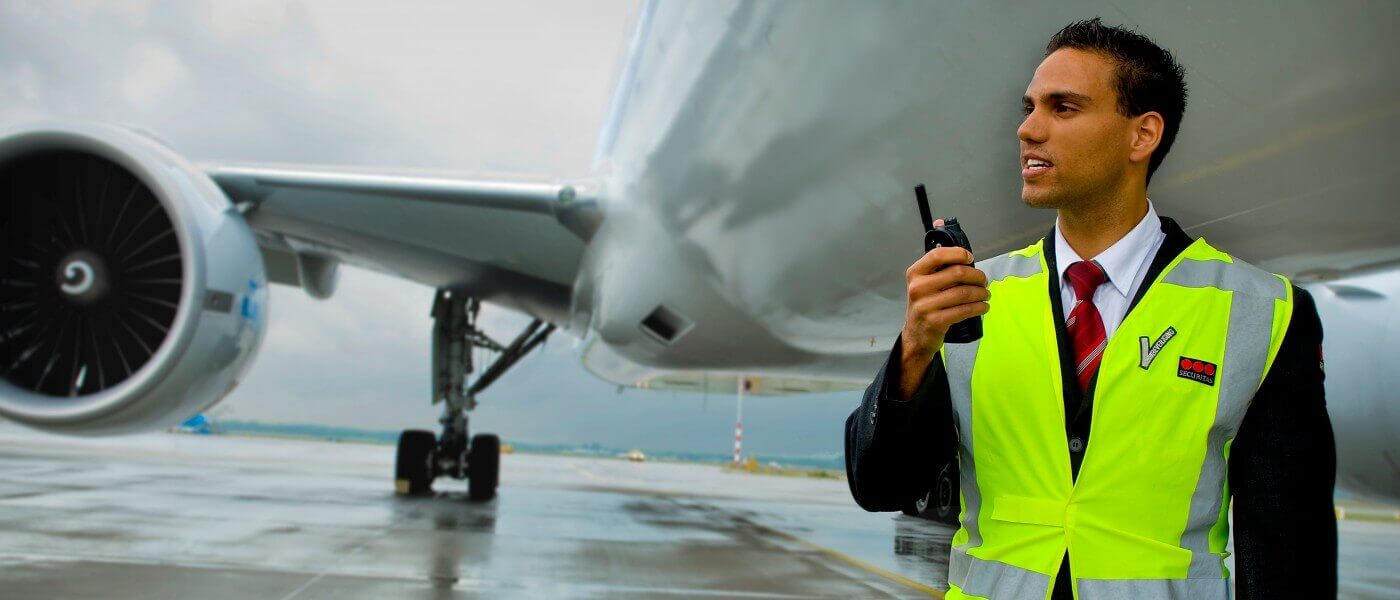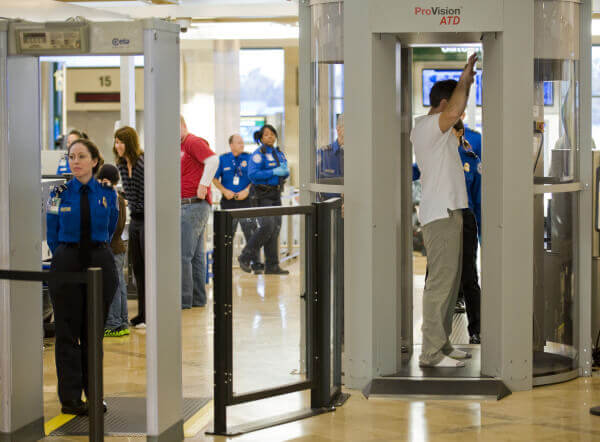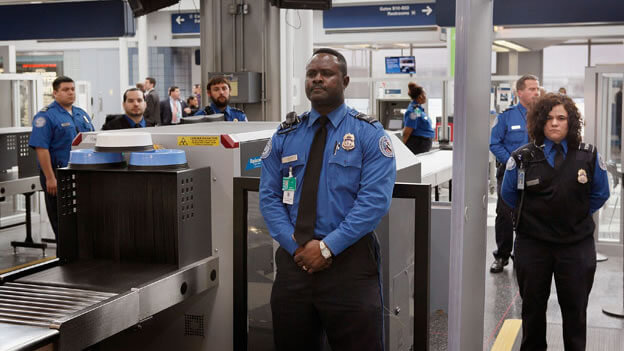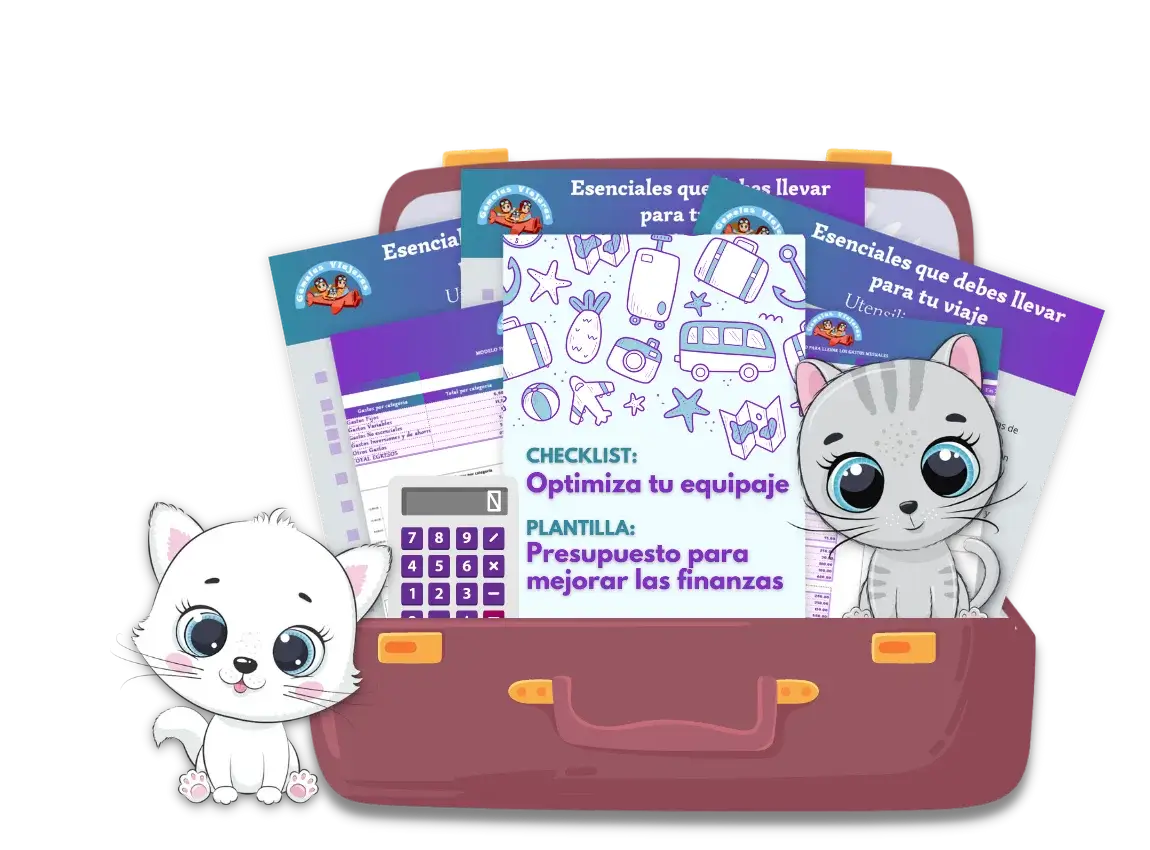Well, it’s not that they are going to keep you under surveillance for hours and then transfer you to a Turkish prison. Or you will have to call a lawyer.
Simply, on some occasions, the customs officials of your destination country will ask you a series of extra questions.
Customs officers are trained to detect clues that do not seem to fit or appear to be out of place. Generally, they know it is nothing, but their job is to investigate them.
In this article we share some tips to avoid being detained at customs or, at least, to reduce the chances of it happening. And if it happens, get out of it quickly.
In the destination
When you check in at the departure airport, your bags are loaded on a scale, they are counted and if you have to pay an overweight charge, they charge it. But they will not ask you questions as to why you are carrying this or that amount.
Where they will get fussy is at destination customs. Because that is where they are checking what and who is being introduced into the country and under what conditions.
Carry a lot of luggage
You travel alone or alone and carry a lot of luggage. This can lead customs personnel to think that you are staying or that you are carrying merchandise to sell, which is illegal.
Obviously, there will be cases in which the volume of your luggage is justified: you are going to study or you are going to stay working for a while. In that case, you must have your study or work permits, respective visas, round trip tickets and all necessary documentation at hand.
You carry minimal or no luggage
You go to China with a small bag. Could it be that you were carrying your suitcase and for some reason you decided to abandon it? If so, why?
When we visited Hong Kong after visiting China, we left our luggage in China (because we were going to return) and we went to Hong Kong with a small backpack, because we were going for a weekend.
Arriving in HK they stopped us at customs and asked us why we were so light.
We explained that it was because we were going to visit Hong Kong and then return to China. They asked us what the reason was. “Tourism”, we reply. They then asked us to show the photos of our stay in China to confirm that we were tourists. We did so and everything was fine.
The important thing is to relax. Don’t be nervous or upset.
Be nervous
Speaking of getting nervous. Nerves can manifest as fear, irritation, or excessive senseless laughter. These behaviors set off the alarms of customs officers because their training tells them that if someone is nervous it is because of something.
You may be nervous or irritable if you have had to spend a long time waiting at the airport to retrieve your suitcase or if there was a lot of turbulence on the flight or simply because you are the irritable type.
In those conditions they will probably stop you and ask you extra questions to find out what is keeping you in that state.
Have some tea or wine and go to sleep. But not much, because drunk they won’t let you leave the airport either.
Look at how you dress
If you dress in a very striking way: women with very revealing necklines or miniskirts, people with many layers of clothing in summer or with styles that are very different from the common people, they are likely to stop to inquire more about your reasons for traveling.
In some places, especially Muslim countries, a woman traveling alone dressed in Western fashion is likely to be asked more questions about her motives for coming to the country.
Nationality
It is not published, but it is not a secret that almost every country has a list of nationalities with which they are strict when visiting them.
After the September 11 attacks, many countries keep an eye on the citizens of certain Arab countries in their customs. That has caused problems around the world with Arab citizens complaining about how they are treated by airport security.
Another example is with the recent massive exodus of Venezuelans. Some countries in Latin America and other continents are more demanding when it comes to inquiring about the citizens of that nationality who arrive in their country.
Here you should also avoid getting irritable. It is not personal. It is a policy that they do not make, but they have to follow the customs officials.
Not knowing the language
Generally, aaduna officers speak basic English to ask questions of international travelers. But it’s not always like this. Or it may be that you don’t even know the basics of English.
In such cases, it is best to get hold of a common phrase guide in the language of the destination country or in English and have it on hand when trying to communicate with the officer.
As a guide, we wrote an article on the most frequently asked questions by customs officers.
It is not a good idea to use the Google Translator of your smartphone since right in the customs the use of cell phones is usually prohibited.
Answer truthfully
Derived from the fact of not understanding the language, many people respond with a “yes” or agreeing to each question they are asked.
This can be dangerous, because a question like “Do you participate in illegal activities?” (which is a question they can really ask you) answering “yes” to the officer will be taken as a direct and valid answer. They won’t think you’re joking. They have no sense of humor.
It is much better that you tell the truth: “I do not understand.”
Women traveling alone
It may sound sexist, but many solo female travelers complain that they come under increased scrutiny.
Unfortunately, some women who travel alone to tourist destinations do so in order to work in the sex tourism industry.
Although they are a small percentage, customs officials feel that it is worth investigating the motivations of a woman traveling alone.
Again, if you are a woman traveling alone and are asked, be relaxed, calm and cooperative.
Double-check
Even if you have cleared customs, you should always have the documents in hand.
When leaving the airport, employees may ask you the same questions they asked you at customs to confirm that you give the same answers.
It happened to us in the United States and it happened to a friend in Italy. It is like a double-check if they have found it necessary to confirm your answers.
It is not frequent, but you should be prepared in case it happens.
Conclusions
With the proliferation of terrorist attacks, drug trafficking, prostitution and human trafficking, customs laws and procedures have intensified in the last couple of decades.
Most of the time, a person will have no problem when passing through customs, but it is possible that they will have a more rigorous control when entering a country that takes very seriously what or who enters its territory .
In those cases, it is best to stay relaxed, in good spirits and collaborative with the authorities. Always respond accurately, no more and no less.
Be honest and always respond with the truth and avoid jokes or jokes, even if we think that with that we are going to relax.
Customs officers take their jobs very seriously and the smartest thing to do is work with them to make the process as quick and uneventful as possible.




